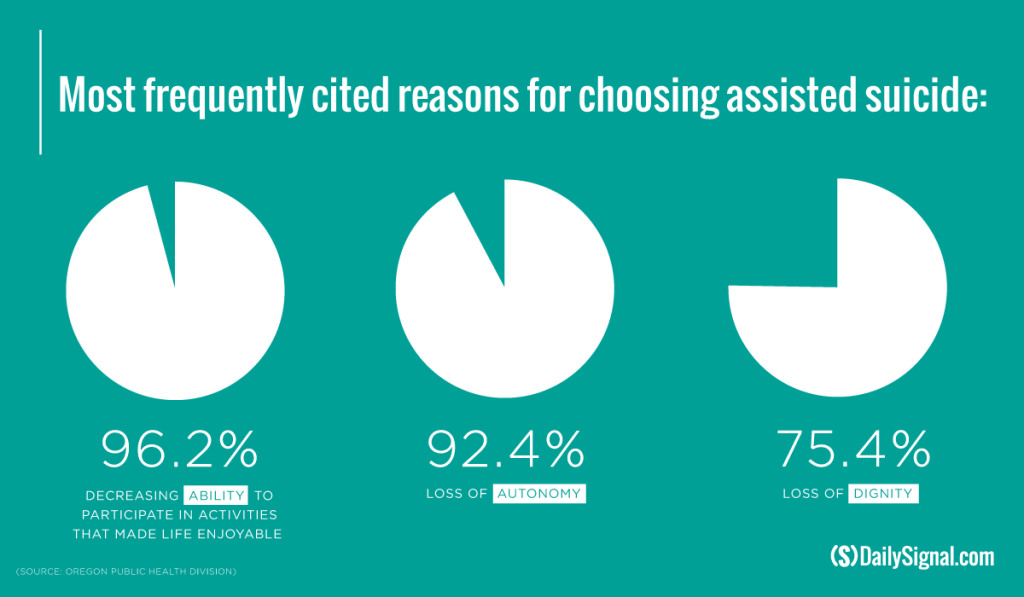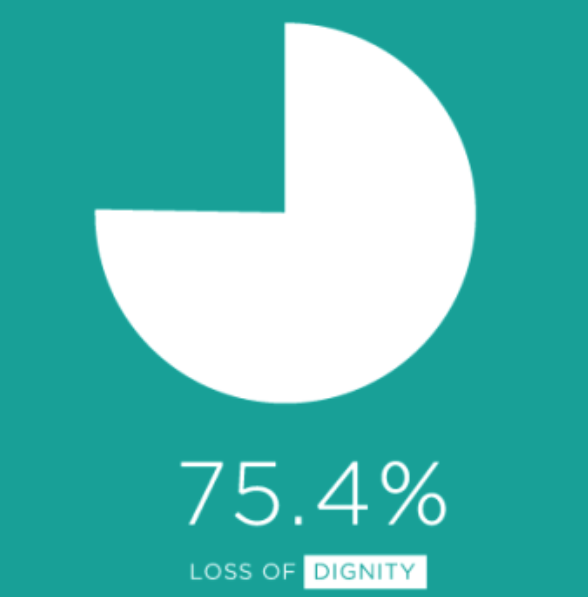Physician-assisted suicide is a way for doctors to aid terminally ill patients in ending their lives. Having virtually no chance of recovery is one of the requirements in order for a patient to even be given this option.
In fact, only Oregon, Vermont, Washington, California, Colorado and the District of Columbia even allow for this within the United States.
This is because there is a very large controversy within the medical community as to whether or not this practice contradicts the oath physicians take to help heal people.
You may have heard of this before, but it is common to not know many of the details about it. Many people even confuse this with euthanasia.
However, they are two different practices: Euthanasia is when a physician will directly give a patient a lethal dose of a drug.
An older and similar concept would be a morphine drip. In the past, terminally ill patients, especially those with cancer, would be put on this to “ease the pain.”
Eventually, and very slowly, this person would not be able to breathe any longer and would drift off painlessly.
PAS is when the physician will prescribe a drug for the patient to take themselves at their own chosen time. This is very different from euthanasia.
According to a study by the California Department of Public Health,there were a total of 258 requests physician assisted-suicides just last year.
191 were granted a prescription and 111 died after taking the drug. 90 percent were white, 54 percent were women and 72 percent had some college education.
About 60 percent of this list had some type of cancer. It seems that these are well-informed people making such decisions.

According to CNN, in the state of Oregon there have been 1,749 prescriptions written since Jan. 23, 2017. 1,127 of these people have since died from taking these drugs.
Procon gives more data about those who have access to physician assisted-suicide. Within the five states there also seems to be an age requirement of 18 years-old.
Patients also need to have residency within that state, and also have a diagnosis of six or less months to live.
They must also verbally ask their doctor two times, and go through a waiting period (10 days on average) between these two times.
They also have to be in a sound physical and mental state of mind to be able to give themselves the drugs.
After all of this, they still may not be approved; however, if they are approved, they are given the prescription and are free to make their decision from there.
I personally feel that a person is able to make up their own minds about their bodies and their lives. I do not feel it is right to judge people on the way they choose to live their lives if they do not cause harm to others or themselves.
In this case, taking your own life could be seen as ending the harm your body has been enduring for so long.
It could also be seen as simply causing the ultimate form of mistreatment. Still, I feel that people should be allowed to think for themselves and practice their own free will however they see fit.
We all have different experiences and unless we are in their shoes we could never know what it means to be told you only have six months to live.
We won’t know what it feels like to have to live six months longer with the worst possible kind of fear or pain.
However, as lifelong learners it is our duty to keep an open mind and an open heart to those that have different experiences and grievances than we may have.




Yes you may like the concept of assisted suicide/euthanasia but the administration of the non-transparent laws in OR, WA, CA & CO brightly provide immunity for predators (corporations, strangers, caregivers, heirs, guardians…) to complete the killing all before the family knows. A simple reading of the laws confirms this to be true. I am not for that. Are you?